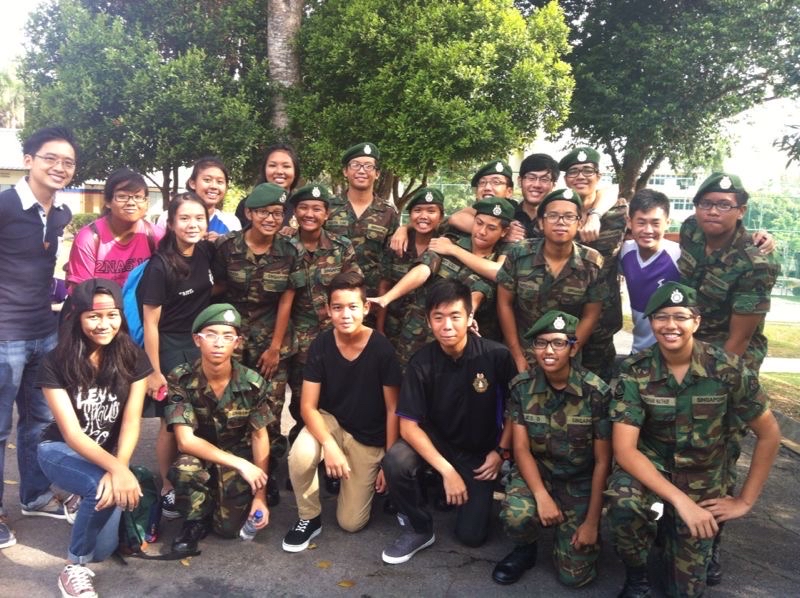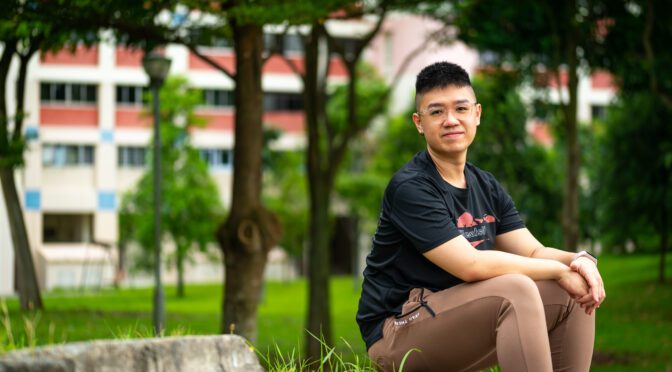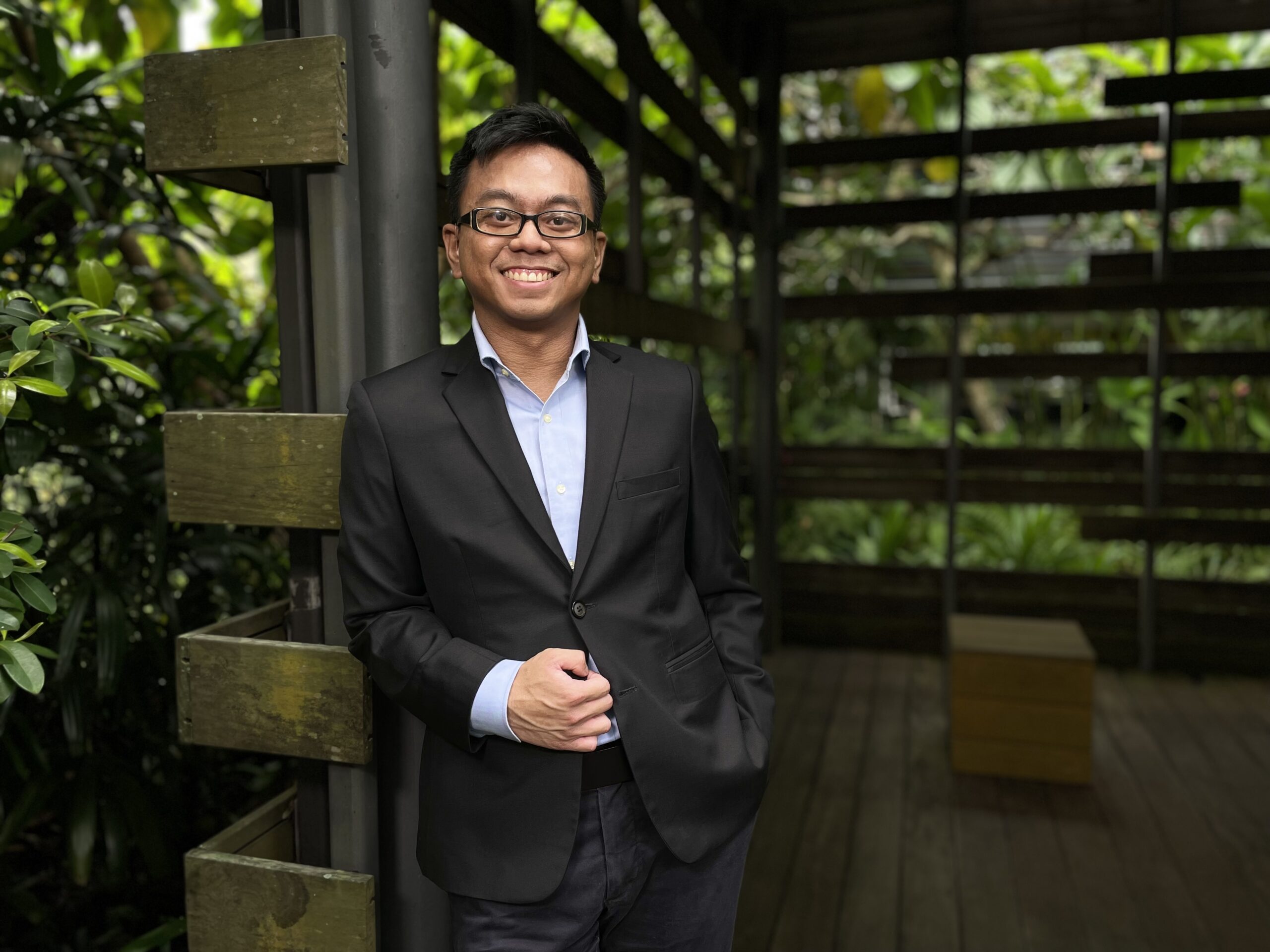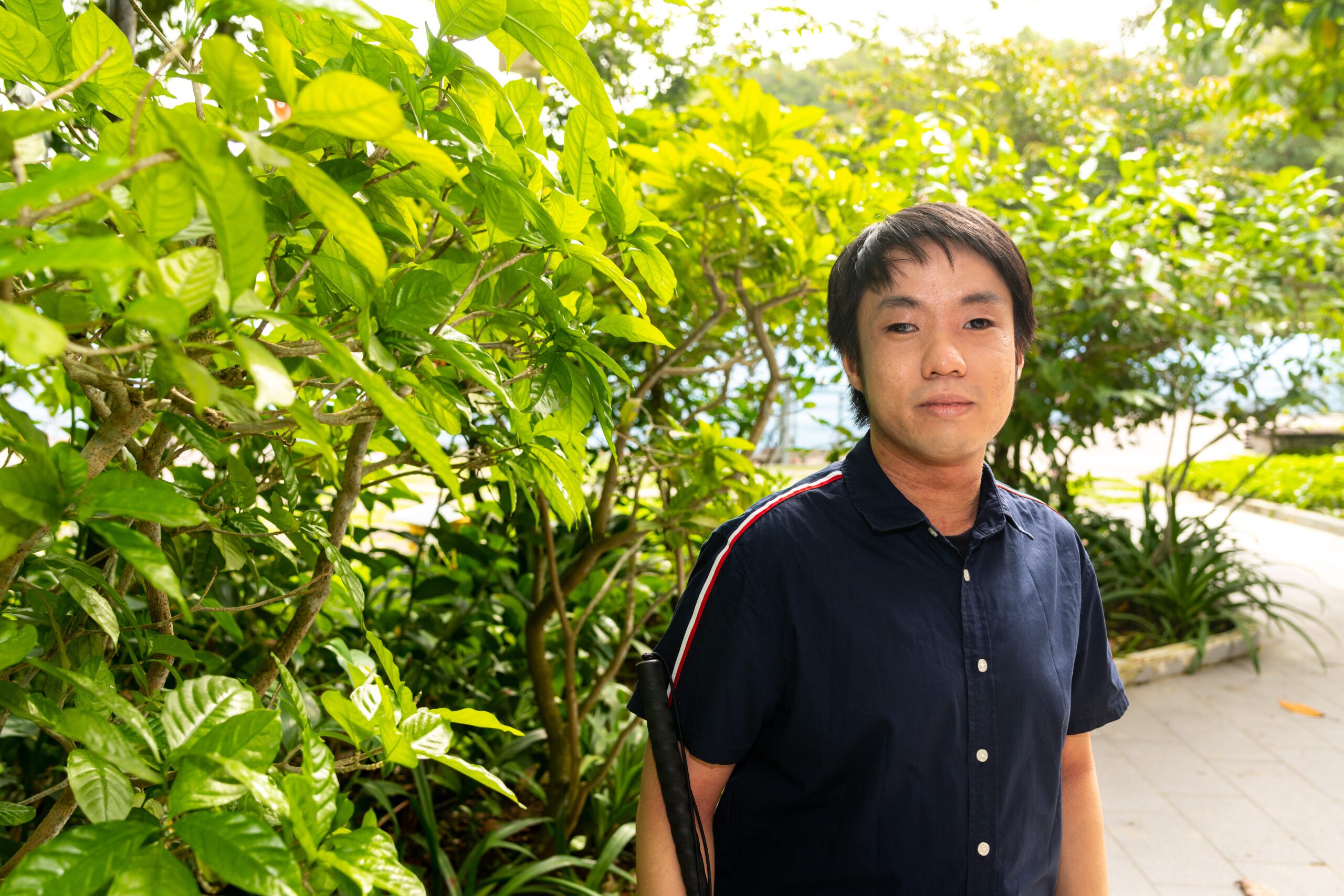It was not until I was ten that I realised something was wrong with the way my parent treated me. As part of English lessons, I had to do journalling. I poured my feelings into each entry with unfettered alacrity. I wrote about how I longed to disappear, to take refuge in the girl’s home now idealised as a sanctuary: it was the lesser of two evils. I wrote about how my parents were always working and that I was home alone and had nothing to eat. These entries caught the attention of my school counsellor, who called me to her office. She probed about my family situation, and I quite plainly stated the facts, not knowing the decorous need to exclude any details since I had thought my upbringing was normal. The whole time the counsellor’s mouth was agape, her brows furrowed. She was taken aback. The fact that she could infer something was wrong from just the bare words of a ten-year-old was a revelation: maybe this wasn’t normal. When I went home that day, I confronted my father about this. His reply was: ‘That’s how I was raised. That’s how my parents talked to me.’ To me, it was a copout.
When my father was declared a bankrupt, I received food coupons from the school. I promptly threw them away — it was not a pride thing. I didn’t want to eat: the constant hunger pangs though unbearable were a departure from the numbness. They made me feel alive. Having gleaned from my journal entries that I wasn’t eating, my form teacher would retrieve the food coupons from the dust bin and buy food on my behalf. She made me sit with her in the canteen, in full view of everyone, and insisted that I ate and watched like a hawk my every intake of food. I wish I could say I was comforted by her gesture, but frankly it aggravated matters: the bullies thought I was a teacher’s pet and picked on me even more. When alerted to this, my parents were cavalier about it: ‘Well, she had the food coupons and still chose not to eat. It’s her own problem for not using them.’
The school counsellor spoke again to my parents and broached the topic of making an appointment with a psychiatrist at the Institute of Mental Health (IMH). Back in those days, because mental-health issues were still poorly understood and highly stigmatised, the mere mention of the institute conjured to mind images of spaced-out lunatics in straitjackets or in chains. My parents were incensed at the suggestion. They refused to heed it.
At this point, my addiction to nicotine was severe. When my usual cigarette-peddling vendor did not show up, I resorted to stealing. And I had easy access: my father was a smoker. I didn’t steal from his stash, of course. With a vulturous instinct, I picked through the half-burnt stubs deposited in his ashtray whenever my parents weren’t home. Unfortunately, my sneaking was caught by my father — I received a very bad beating for it. He made me cut out the bad influences in my life. I had to quit smoking cold turkey. And realising the problem was that I was spending too much time unsupervised at home, he changed his job. He began sending me to school and fetching me home. I had ambivalent feelings about it: I finally got the care and concern I craved from him, yet at the same time I was trapped. Smoking was my coping mechanism, and I missed the company of the seniors. But before long, I got used to this change and was able to focus on my studies from primary five through six.
The school bell rang, and I had my first panic attack
Secondary school life was a breeze compared with my primary school days. Because of my co-curricular activities — I was a member of the National Cadet Corps — I spent more time in school, what with camps and excursions. From the bullied kid, I steeled myself and became the rebellious one. I was part of a group called ‘Much Fierce’. Like gangsters and their turfs, we had our own spot to sit in the canteen — no one else was allowed near it. And we terrorised everyone, even teachers. One time, my friends took wet tissues and planned their trajectories to land near our English teacher but not hit him. One poorly aimed projectile smacked his forehead. And he burst into tears in front of us — to see a grown man cry, that’s when we realised we had gone too far. But he never reported the matter to the higher-ups, so we got away scot-free.



